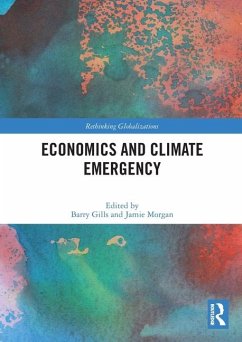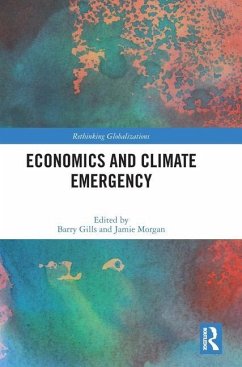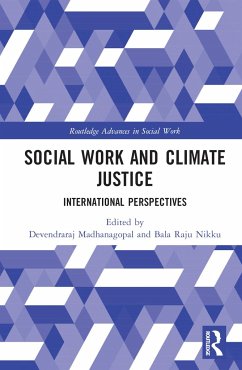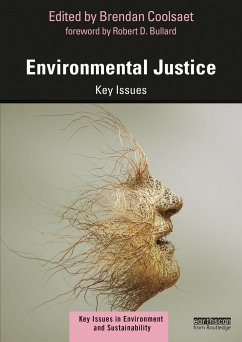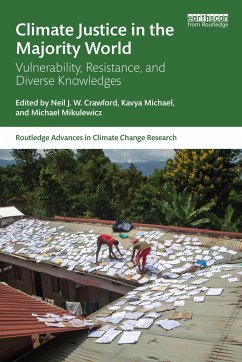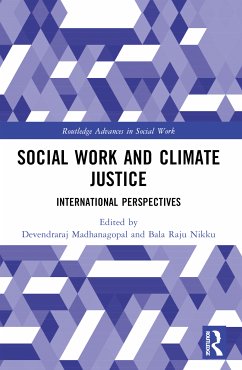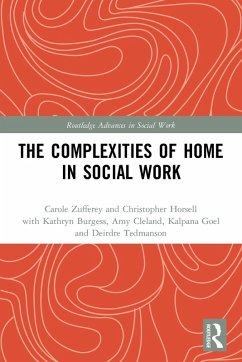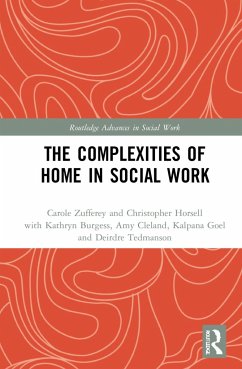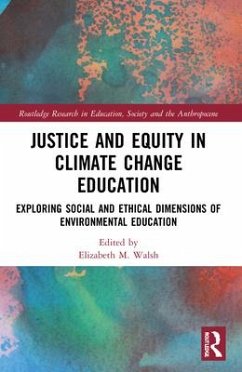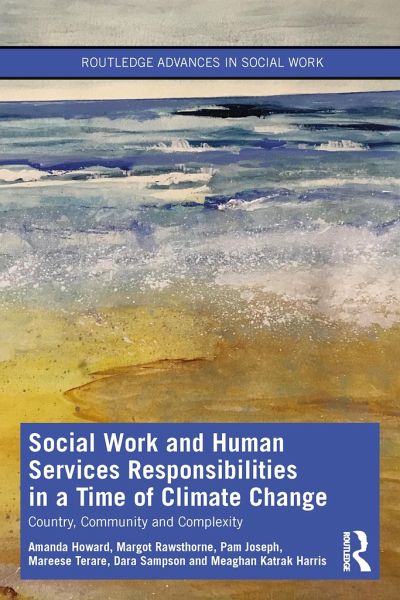
Social Work and Human Services Responsibilities in a Time of Climate Change
Country, Community and Complexity
Versandkostenfrei!
Versandfertig in 6-10 Tagen
41,99 €
inkl. MwSt.
Weitere Ausgaben:

PAYBACK Punkte
21 °P sammeln!
This book provides an accessible, research-informed text for students, social workers and other social service workers and community development workers focused on practically linking climate change to social justice.The book is designed for: Those who want to embed an understanding of climate change and its social justice impacts in their everyday practiceThose keen to explore the explicit but also often invisible ways we see injustice playing out and exacerbated by climate changeThose interested in embarking on research and action which addresses climate change in an inclusive, creative and ...
This book provides an accessible, research-informed text for students, social workers and other social service workers and community development workers focused on practically linking climate change to social justice.
The book is designed for:
Those who want to embed an understanding of climate change and its social justice impacts in their everyday practiceThose keen to explore the explicit but also often invisible ways we see injustice playing out and exacerbated by climate changeThose interested in embarking on research and action which addresses climate change in an inclusive, creative and fair way
Utilising existing and current research with organisations, government and communities, it examines key themes and contexts where work has been done and where more work is needed to design and implement inclusive and just action on climate change.
With a core position revolving around the idea and practice of justice - for earth and everything that lives here, it draws on First Nations worldviews, critical analysis, community-led approaches and complexity theory, to outline some practical ways to adapt to and mitigate the impacts of climate change as well as a strategy to reshape our life and work for the longer term.
It will be required reading for all scholars, students and professionals of social work, social welfare, community development, international development, community health and environmental and community education.
The book is designed for:
Those who want to embed an understanding of climate change and its social justice impacts in their everyday practiceThose keen to explore the explicit but also often invisible ways we see injustice playing out and exacerbated by climate changeThose interested in embarking on research and action which addresses climate change in an inclusive, creative and fair way
Utilising existing and current research with organisations, government and communities, it examines key themes and contexts where work has been done and where more work is needed to design and implement inclusive and just action on climate change.
With a core position revolving around the idea and practice of justice - for earth and everything that lives here, it draws on First Nations worldviews, critical analysis, community-led approaches and complexity theory, to outline some practical ways to adapt to and mitigate the impacts of climate change as well as a strategy to reshape our life and work for the longer term.
It will be required reading for all scholars, students and professionals of social work, social welfare, community development, international development, community health and environmental and community education.





